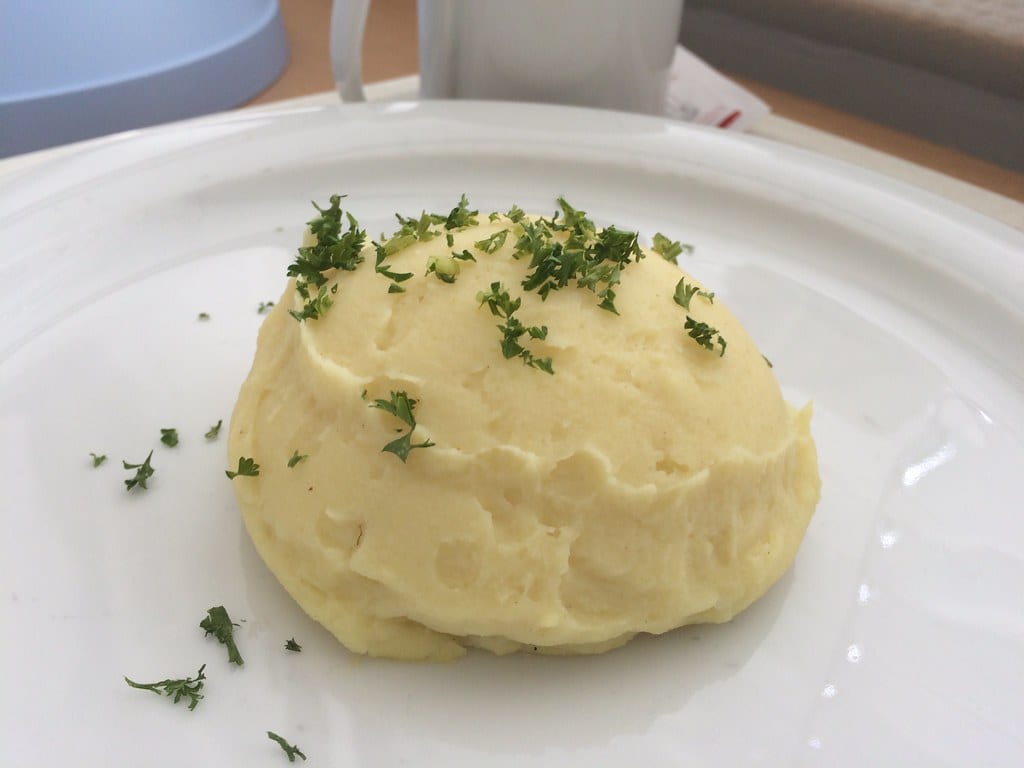A Washington state trial program highlights the seed-borne diseases impacting potato crops across the region. The Washington Commercial Potato Seed Lot Trial has been conducted for 56 years (since 1961, with a three-year hiatus in the late ’70s/early ’80s). It observes the performance of seed lots that are being grown in commercial potato fields across Washington state every year.
This useful trial also helps individual growers diagnose seed-borne issues that occasionally show up in their crop.
Here’s how it works. Personnel at Washington State University (WSU) organize the seed lot trial. And I’ve been lending a hand with the trial since I joined the faculty in 2008.ADVERTISEMENT
We usually receive and plant 200 to 300 seed lot samples each year, each consisting of about 300 seed tubers, at the WSU Research Unit in Othello, WA.
Once the plants emerge and reach at least 20-inches high, pathologists and other experts visually inspect them. They’ll flag plants that show seed-borne disease symptoms or other problems, like herbicide injury. At the end of June, everyone is invited to a field day to view the seed lots and discuss the results.
Here are some of the production problems the trials have identified for growers over the years.
Bacterial ring rot tuber symptom.
Photo by Babette Gundersen
Bacterial Ring Rot
The first seed lot trial in Washington in 1961 exposed a serious bacterial ring rot problem originating in seed. Pathologists found the disease in six certified seed lots, sourced from three different regions.
How does this happen when seed certification agencies have “zero tolerance” for bacterial ring rot? The problem is mostly due to latent infections. Latent infections occur when ring rot-causing bacteria are present in tubers at concentrations that are too low to produce visible symptoms, or when environmental conditions are unfavorable for symptom expression.
Unfortunately, the short, cool growing seasons typical of seed producing regions tend to favor latent infections. Latency can make it impossible to detect the disease during visual inspections of the seed crop. But the bacteria can increase in subsequent seed generations, and this can result in serious losses in the commercial crop.
The bacterial ring rot incidences highlighted by the seed lot trial in 1961 led to a larger investigation and cleanup effort in potato seed production regions.
Foliar symptoms of bacterial ring rot.
Photo by J.D. Janse
Symptoms
Symptoms of bacterial ring rot on leaves include interveinal yellowing, upward rolling, wilt, and necrosis. Tuber symptoms are characterized by a deterioration of the vascular ring.
The bacterial ring rot pathogen overwinters in tubers. It does not live freely in soil, but it can survive in dried slime on equipment and containers.
The disease is very difficult to eradicate without strict attention to sanitation when handling seed, and when planting fields where the disease has occurred previously.
Potato Virus Y (PVY)
PVY is the reason for most potato seed lot rejections by seed certification agencies today. This disease has become increasingly difficult for seed producers to deal with due to the rapid spread of recombinant PVY strains that produce milder symptoms than the ordinary strain. Mild symptoms make it difficult to spot PVY-infected plants in the field and remove them before the virus spreads. The potato seed lot trial in Washington has helped document the PVY strain shift that has been occurring in North America over the last decade, and it is helping growers and seed inspectors learn to recognize the less obvious symptoms of PVY that are now predominant.
Mild potato virus Y symptoms.
Photo by Carrie Wohleb
Symptoms
PVY is an important disease that reduces yields and, depending on the strain, may cause defects in the tubers of some cultivars. A characteristic symptom of PVY infections involves a yellow or light green mottling of leaf tissue – also known as mosaic. Some mosaics are easy to see, but others are mild and may only be visible under cloudy conditions when contrasting colors are easier to see.
Herbicide Carryover
Herbicide carryover injury can result when damaging herbicide residues persist in soil, in manure or compost, or in potato seed. The Washington Commercial Seed Lot Trial can help to verify cases where herbicide injury originates in the seed, because the symptoms show up in both the grower’s field and the trial.
Photos by Carrie Wohleb
Symptoms
The first thing we notice in seed lots with glyphosate (Roundup) carryover injury is missing and stunted plants. The diagnosis of seed-borne herbicide carryover can be aided when affected seed lots are planted next to healthy seed lots. Glyphosate carryover in seed may result in seed that will not sprout, seed with multiple sprouts branching of underground shoots also known as “candelabra” (bottom left), malformed and twisted leaves, and stunting.
Author’s note: The Washington Commercial Potato Seed Lot Trial is only open to growers in Washington. If you do not have access to a seed lot trial, you might consider planting a sample of your potato seed in a location separated from the rest of your potato crop.
The Washington Commercial Potato Seed Lot Trial is led by Dr. Mark Pavek, Professor and Potato Extension and Research Specialist with WSU. The Washington State Potato Commission funds the seed lot trial with an annual grant.








